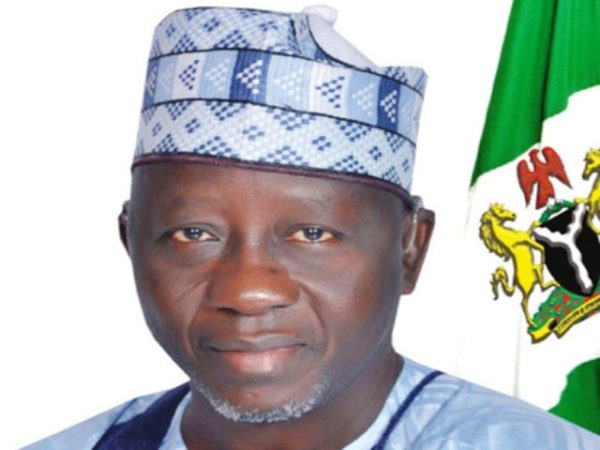The Nasarawa State Government has dissolved the state’s Local Government Councils Joint Account Committee to ensure that what is accrued to each council is shared in accordance with the constitution.
Governor Umaru Al-Makura made this known in Lafia on Saturday at a meeting held with local government chairmen and members of the committee.
According to the governor, every local government figure is catered for from Abuja, but the cheque for local government allocation that comes to the state is for the total allocation of the 13 local governments in the state.
Al-Makura said: “The essence of the JAC meeting is to ensure proper distribution and allocation in accordance with the distribution of FAC.
“The function of JAC is to ensure every local government gets its own allocation as stipulated by the Federal Allocation Committee.”
He, however, explained that the joint account operated by local governments had become problematic, hence the decision to abolish the JAC.
This, the governor stated, was to find a lasting solution to reoccurring delay and shortfall in the salaries of local government workers.
Al-makura added that the decision would also clear the air that the state government was using local government funds for other purposes.
He said: “There has been so much ignorance and speculation to stigmatise the state government.
“Nasarawa State has never had any joint account where money of local government councils are used to do any other thing.”
According to him, the independence of each local government with regards to allocation will prove a turning point as each local government will get exactly what is accrued to it directly from the Federation Account.
Al-Makura said: “This is in line with the constitution and the councils would account as to how the money was spent.
“Every local government will have to fend for itself.
“If a local government over-employs, it will be left to carry its burden on its own.
“The kind of collaboration they were doing as a group will have to terminate from now.”
On the bailout funds, Al-Makura said it was untrue that the state government received N18 billion, adding that it got only N8.1 billion.
Giving a breakdown of the funds, the governor said N4.3 billion was allocated to the local governments, while the remaining N3.8 billion was allocated to the state government.
He noted that the money received by the councils was to enable them offset the backlog of salaries of local government workers for the month of July, August and September.
He said: “The N4.3 billion is for all the 13 local government councils to offset the salary of two and half months.
“The bailout is for 50 per cent of July, 100 per cent of August and 100 per cent of September.”
Al-Makura promised that the state government did not at any point tamper with the bailout funds, especially that of the local governments, as doing so had “grievous consequences”.
He said: “The bailout funds are tied to certain conditionalities of the Central Bank of Nigeria and any state that does not conform to the bailout rules is doing that at its own peril.”
Al-Makura also revealed that Nasarawa State was one of the states that had been rated high by the Global Credit Rating for its level of transparency and zero tolerance to corruption.
Alhaji Suleiman Wanbai, the Chairman of the Association of Local Governments of Nigeria, commended the state government’s foresight and promised that workers would be paid without further delay.
Wanbai, however, expressed dismay over the attitude of some local government workers whom he claimed were peddling false rumours about the bailout funds.
NAN.
Trending
- Alaafin coronation: Tinubu restates commitment to preservation of Nigeria’s diverse cultures
- Anambra 2025: Soludo wins APGA governorship ticket
- Family releases Edwin Clark’s burial programme
- PDP postpones Anambra governorship primary
- Police raid criminal hideout in Anambra, recover relief materials
- Sanwo-Olu celebrates ex-First Lady, Abimbola Fashola at 60
- Transforming NIMASA: Mobereola’s first year, by Abiodun Komolafe
- Nigeria and the part of our past (1), by Abiodun Komolafe


